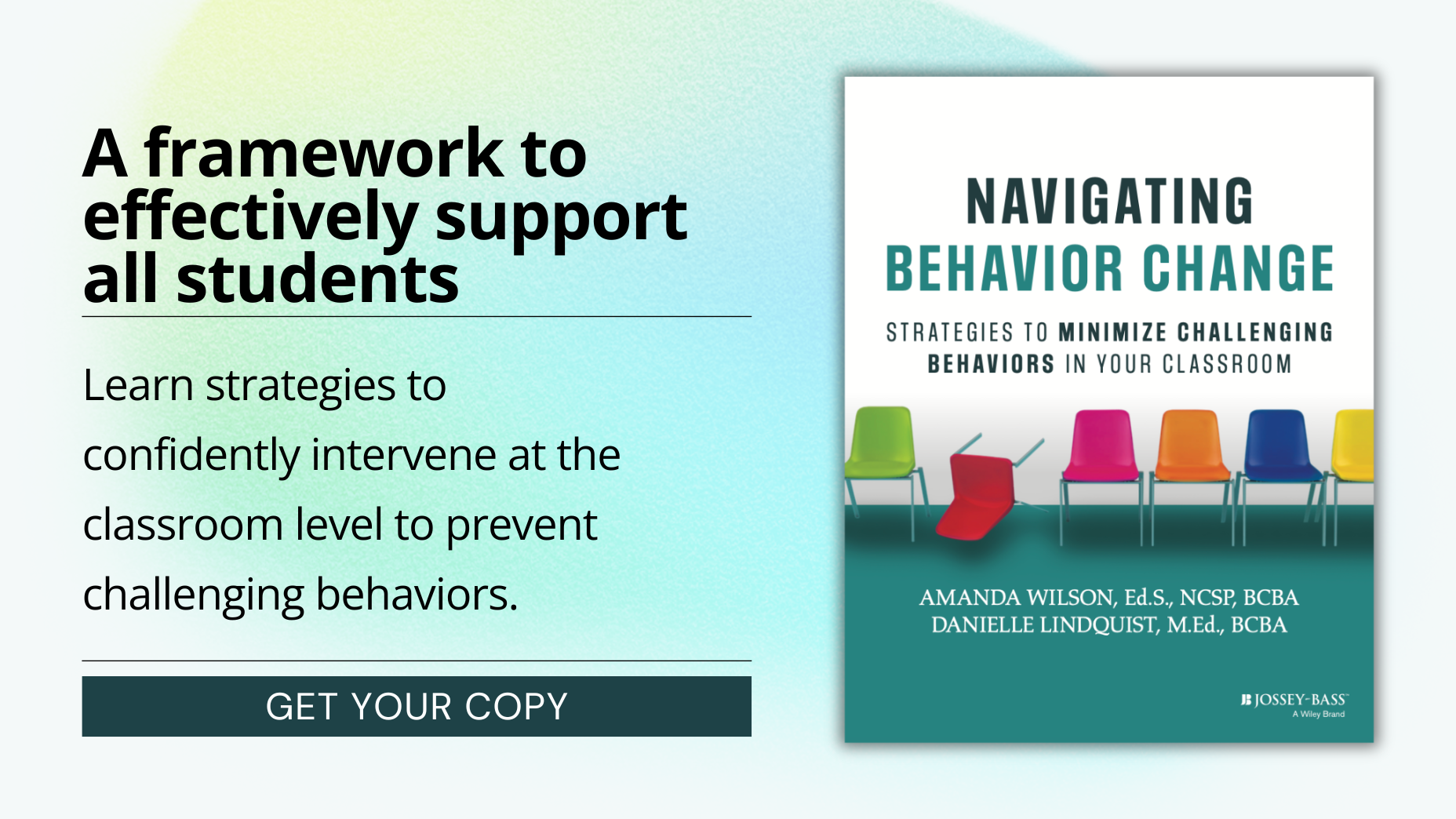What is a BCBA Anyway?

For a lot of folks, hearing the term Behavior Analyst, or BCBA is just one of those things that people cringe at. I get it. No, I really do get it, and we don't take offense.
BCBAs base their work on what is called Applied Behavior Analysis. ABA is commonly thought of as a rigid therapy that uses unnecessary rewards and forces children to comply with unreasonable demands. So, it makes sense that when people hear the term 'ABA' they think of this, and hence link this together with the term "BCBA."
But we are here to clear up all of the confusion and really dive into what BCBAs do and why we really need more of them.
What is a BCBA?
BCBA is stands for Board Certified Behavior Analyst. It is a graduate-level certification in behavior analysis. Behavior analysis is the study of how humans learn and behave in different settings.
How do you become a BCBA?
The road to becoming a BCBA can be a long one. As stated earlier, it is a graduate-level certification. Those that want to pursue a BCBA cert must...
- Gain a master's degree or higher in education, psychology, or behavior analysis
- Accumulate 1500 hours of supervised field work
- Pass the national certification exam to qualify for the BCBA credential
- Obtain state license if required by your state
- Complete 32 CEUs every two years to maintain certification
What types of skills are BCBAs trained to teach?
The awesome thing about applied behavior analysis is that it can be applied to any skill or behavior! After all, it is a science, not a belief or opinion. Here are some of the things BCBAs can have extensive training in:
- Social skills instruction
- Verbal language and communication instruction
- Reading and academic instruction
- Adaptive learning skills
- Reduction in challenging behavior via the systematic teaching of alternative skills
Who do BCBAs work with?
BCBAs work with a wide variety of children, teens, and adults with various levels of learning and behavioral needs. You will often find BCBAs working directly with or overseeing the support of those that benefit from behavioral, emotional, or developmental disorders. But don't forget, they are trained in research and evidence-based teaching procedures so really they can support you in teaching any skill you want to teach your learner!
Who is ABA effective for?
Applied Behavior Analysis is backed by decades of evidence from hundreds of studies as being an effective intervention for the following issues or disorders:
- Depression
- Anxiety
- Anger management
- Obsessive-compulsive disorder (OCD)
- Attention Deficit Hyperactivity Disorder (ADHD)
- Autism Spectrum Disorder (ASD)
- Fears and phobias
- PTSD
- Addictions
- TBI
What kinds of jobs can a BCBA have?
The great thing about applied behavior analysis is that it can be applied to any setting or situation in which you are interested in teaching specific behaviors, responses, or even decreasing problematic behaviors. Therefore, there are many broad applications where ABA can be effectively used and you can find BCBAs employed; Here are a few:
- Prison system
- Educational settings
- Healthcare settings
- Animal training
- Business settings
- Fitness training
We can't hide our love for education, and when we hear people say things like, "ABA is rigid," "ABA doesn't work" "It's cruel" "It's only for kids with autism who can't talk" we don't get angry, we get passionate. It makes us want to work harder to educate the world about the amazing work that these folks do with so many different populations of people.
But, like any profession, there will always be those who engage in behaviors that give the profession a bad rap. If you find yourself quick to jump to conclusions about any profession for that matter, spend some time educating yourself.




